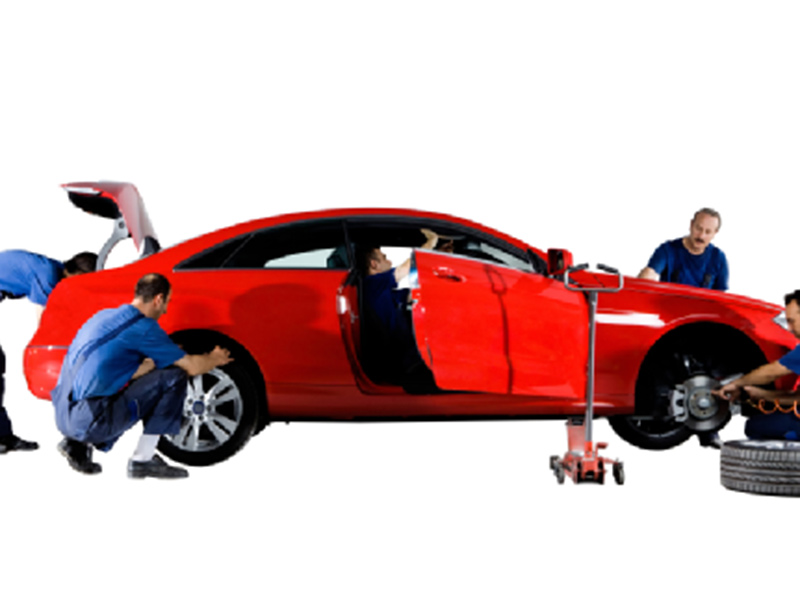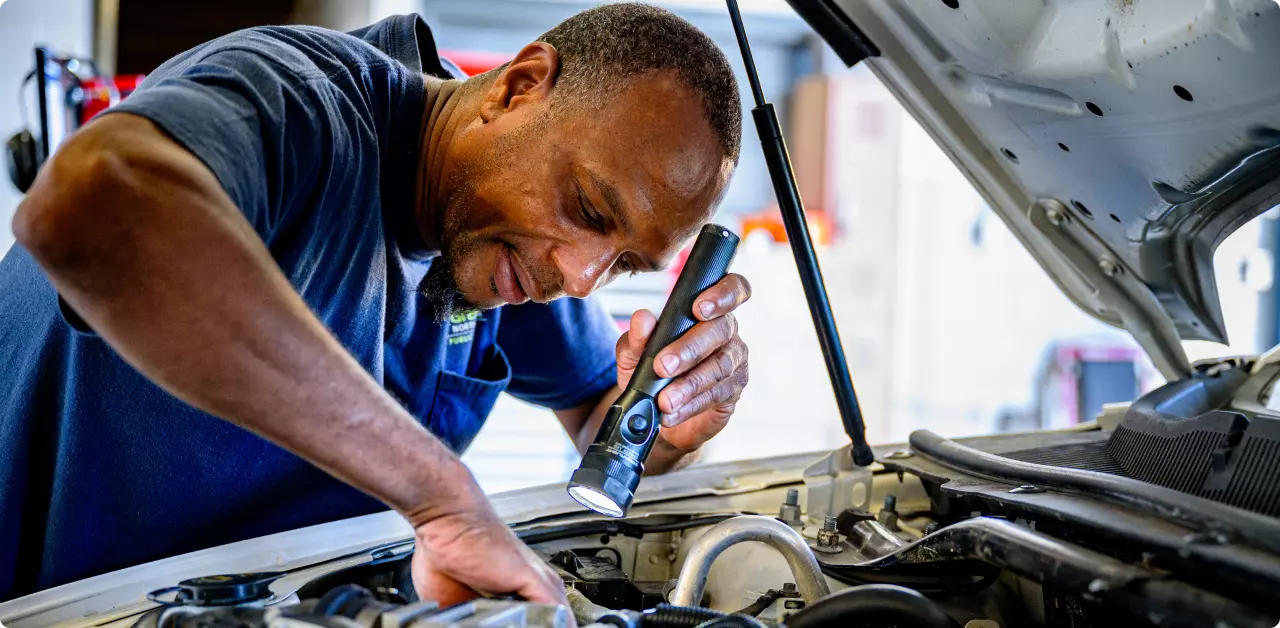All Categories
Featured

Recognizing the distinction between regular upkeep and fixings is crucial to ensuring your auto remains in leading condition and operates effectively throughout its life. While both are critical for vehicle upkeep, they offer different functions. Regular maintenance has to do with avoidance and ongoing care, while repair work are needed when something breaks or malfunctions. Here's a review of what each requires and how they vary.
Routine Maintenance: Protecting Against Future Troubles. Routine upkeep involves the normal, scheduled services that maintain your automobile in excellent working order and avoid issues from developing. These jobs are created to make certain that all parts of your vehicle remain to operate as they should and assist keep the car's dependability. Normal upkeep is normally detailed in your automobile's owner manual, specifying when to perform particular jobs based upon mileage or time intervals.

Some examples of regular upkeep consist of:
Oil Modifications: Oil oils the engine, guaranteeing it runs efficiently and effectively. Regular oil adjustments, commonly every 3,000 to 5,000 miles, help protect against engine wear and keep the car running optimally. Tire Rotation and Balancing: Tire rotation helps level tire wear, while stabilizing ensures smooth handling and enhances tire long life. This ought to be done every 6,000 to 8,000 miles. Brake Inspections: Your vehicle's braking system needs routine checks to make certain the pads remain in excellent condition, the fluid levels suffice, and the blades are operating well. Fluid Checks: Watching on vital fluids, including transmission fluid, coolant, brake fluid, and power steering liquid, helps keep the engine and other systems running smoothly. Air Filter Replacement: The engine air filter maintains dirt and particles from going into the engine. Replacing it routinely helps preserve engine efficiency and fuel efficiency. These maintenance tasks are precautionary in nature, designed to prolong the life of your automobile and lower the threat of failures. By executing routine maintenance, you can capture tiny problems before they escalate right into bigger, a lot more pricey troubles.
Repairs: Repairing Problems That Occur. Repairs, on the various other hand, are required when a part of your vehicle stops working or breaks down. Unlike routine maintenance, which is concentrated on avoidance, repair services are responsive procedures taken when something malfunctions or uses out.

Instances of usual fixings include:
Transmission Issues: Problems such as slipping gears, difficulty changing, or odd sounds may indicate a breakdown in the transmission, needing repair work or substitute. Engine Fixes: If the engine is misfiring, overheating, or showing other signs of problem, it might need a repair service or replacement of particular components like the ignition system, timing belt, or sensing units. Brake Fixes: If your brakes are squeaking, making grinding sounds, or falling short to quit the automobile effectively, you may need to change brake pads, rotors, or calipers. Battery Substitute: If the car has problem starting or the battery warning light appears, it may be time to replace the battery. Suspension and Steering Repair Work: If you experience irregular tire wear, a harsh ride, or problem steering, maybe an indication that the shock absorber or guiding components require repair. Repair work are generally a lot more pricey than routine maintenance due to the fact that they include dealing with problems that can affect the auto's safety or performance. Depending on the extent of the problem, repairs may call for customized parts and labor.
Key Distinctions In Between Regular Repair And Maintenance. Function: Routine upkeep intends to make certain and avoid concerns that the car runs effectively. Fixings are essential to take care of troubles that have actually already occurred. Regularity: Upkeep tasks are executed on a normal schedule, while repair work are needed when specific problems develop unexpectedly. Expense: Regular upkeep is typically cheaper, as it entails small checks, changes, and component substitutes. Repair work can be a lot more expensive as a result of labor and parts associated with taking care of broken components. Timing: Upkeep is predictable and planned, whereas repairs happen when something fails, frequently causing even more immediate attention. The Importance of Both Routine Maintenance and Repair Services. While routine upkeep is essential for decreasing the requirement for repair work, repair services are occasionally unavoidable. Even the best-maintained vehicles can experience damage in time. It's vital to be proactive with upkeep and address repair work without delay to ensure your auto remains trusted and safe to drive.
By remaining on top of regular upkeep jobs, you can minimize the danger of needing pricey fixings. Resolving them early can assist avoid further damage and make sure that your car proceeds to do at its best. when fixings are needed.
Verdict. In summary, routine repair and maintenance are both important parts of vehicle care. Routine upkeep helps avoid issues and guarantees your car is running efficiently, while repairs are required to fix troubles that emerge suddenly. By balancing normal upkeep with prompt repair services, you can extend the life of your vehicle and enjoy a much safer, much more dependable driving experience.
Latest Posts
Constructed on Quality, Driven by Solution
Published Apr 21, 25
1 min read
Looking for Full-Service Vehicle Service Near Me? Car-X St. Louis Provides Excellence and Convenience
Published Apr 21, 25
1 min read
Maximize Your Financial Savings with Love My Cooperative Credit Union Incentives
Published Apr 21, 25
1 min read
More
Latest Posts
Constructed on Quality, Driven by Solution
Published Apr 21, 25
1 min read
Looking for Full-Service Vehicle Service Near Me? Car-X St. Louis Provides Excellence and Convenience
Published Apr 21, 25
1 min read
Maximize Your Financial Savings with Love My Cooperative Credit Union Incentives
Published Apr 21, 25
1 min read